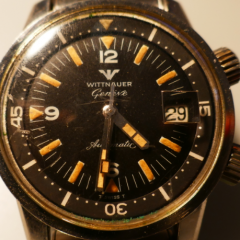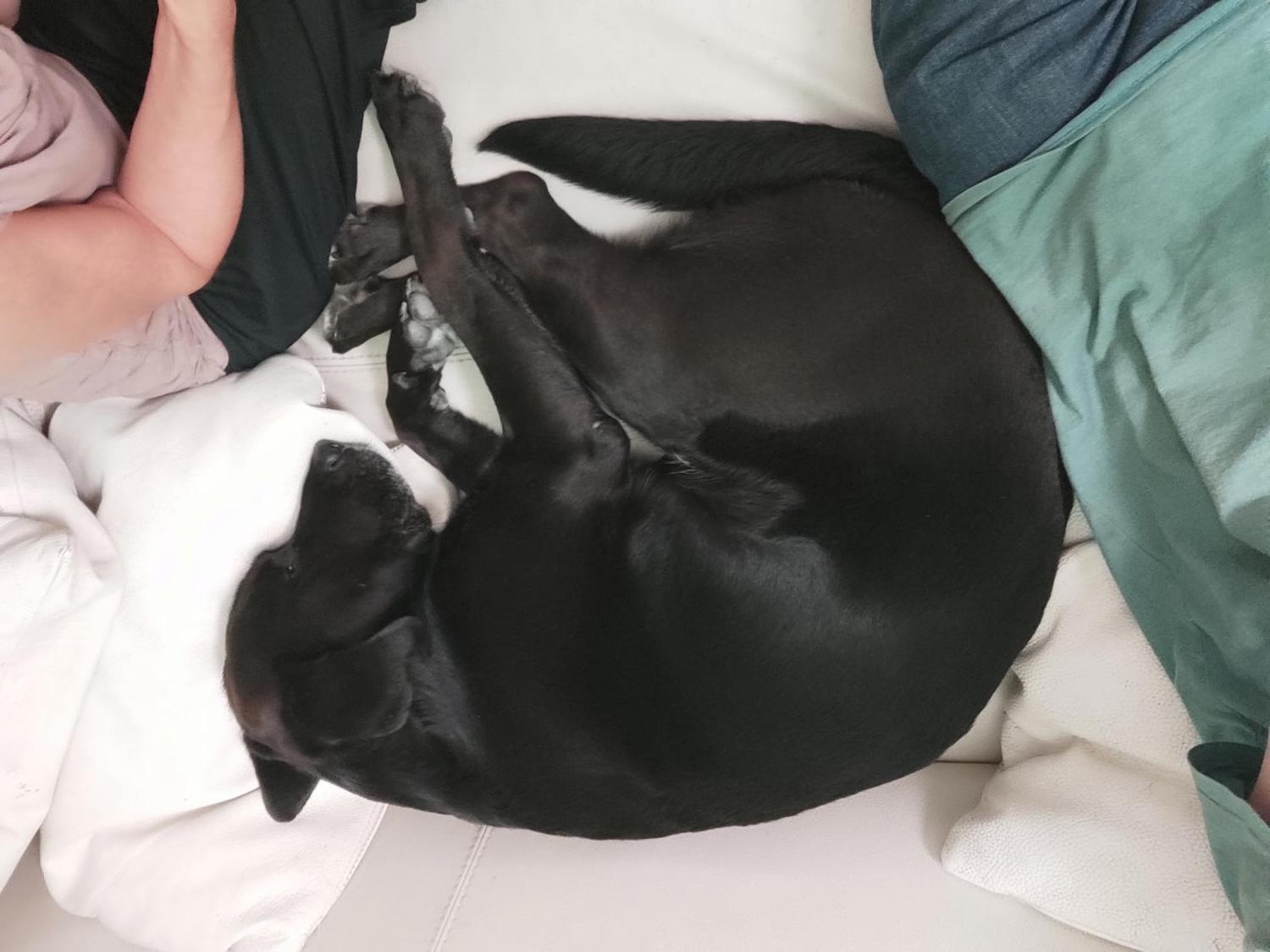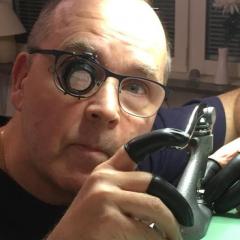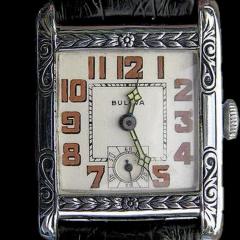-
Recently Browsing
- No registered users viewing this page.
-
Topics
-
Posts
-
Have you ever seen grease spread? I use Molykote DX on the keyless, cannon pinion, etc and cannot imagine it spreading. Similarly, HP1300 should not be a problem, as long as you don't splash too much about. 9010 does like to travel though. I've recently re-serviced a couple of my watches I first serviced about 5 years ago. I was a bit too liberal with the oil and grease back then, but it hasn't spread everywhere. I only epilame on balance cap stones, escape wheel and pallet stones (and auto wheels if they need it). If you use it all over, the oil might bead-up and travel even further - think of using RainX on your car windows.
-
Polish it where the old part cracked as well. Get rid of the stress-raisers.
-
Sounds great! And yes, I would use grease for the keyless as well although treating the parts with epilame would make the grease less likely to spread in the long run. Not critical but won’t hurt. My current strategy is to epilame treat all parts getting in contact with oil or grease.
-
Hello everyone, for what it's worth, here is my approach: 1. Escape wheel submerged in Epilame, then dried quickly with a hairdryer. Then the final tip of the pivots are cleaned by poking into pithwood. The logic being that the Epilame is removed at the intended contact point (to avoid any residue that may mix with the oil), but remains in the areas where oil is not supposed to spread to (further down the pivot towards the wheel). The escape wheel teeth also benefit from having Epilame to keep the 9415 in place. 2. I use a syringe to treat only the pallet stones. I suspend the pallet fork with some Rodico so that the stones hang downwards. I notably use a rather thick needle where a drop WON'T form, but rather where the Epilame liquid stays in the needle tip, which I then dip into the pallet stones. It requires some practice to get the right amount of Epilame into the needle tip, but it works for me now. This way, no drop will "jump" onto the pallet fork and potentially go all the way to the pivots. 3. I let the movement run for a few minutes without lubricating the pallet stones... to scrape off the Epilame in the intended contact "channel". Then I remove the balance again and lubricate the exit pallet stone with 3-4 successive drops. See the "channel" that forms on the pallet stone in the picture -- not so easy to see, but it's visible. I am conflicted about the use of Epliame in balance jewel settings. My impression is that the two jewels sufficiently suspend the oil (even 9010). Apparently Rolex recommends NOT to use Epliame there (heard from a former Rolex service center watchmaker), as it could cause additional wear. Apart from that, I follow specific instructions where I can find them. E.g. the infamous Rolex reverser wheels or sometimes (parts of) the seconds wheel. Exception: I'm currently servicing an Eta 2824 and will probably ignore the service sheet that recommends treating the whole keyless works with Epilame and then using HP1300... I'll skip the Epilame and use 9504 grease.
-
I'm going to give this a try today/tomorrow on my UTC33/Seiko 66, thanks!
-










.thumb.jpg.cb17a66989f1e796fd4217db2e9ca9df.jpg)

Recommended Posts